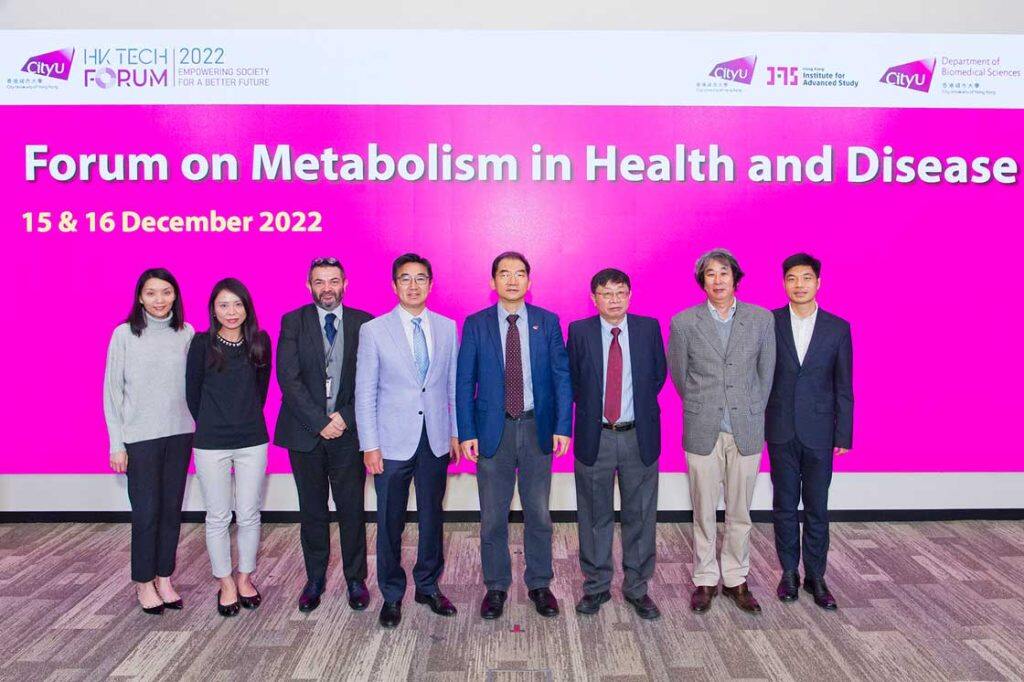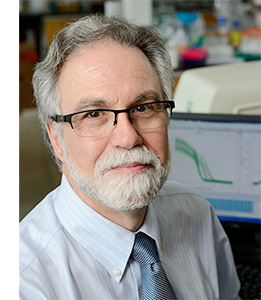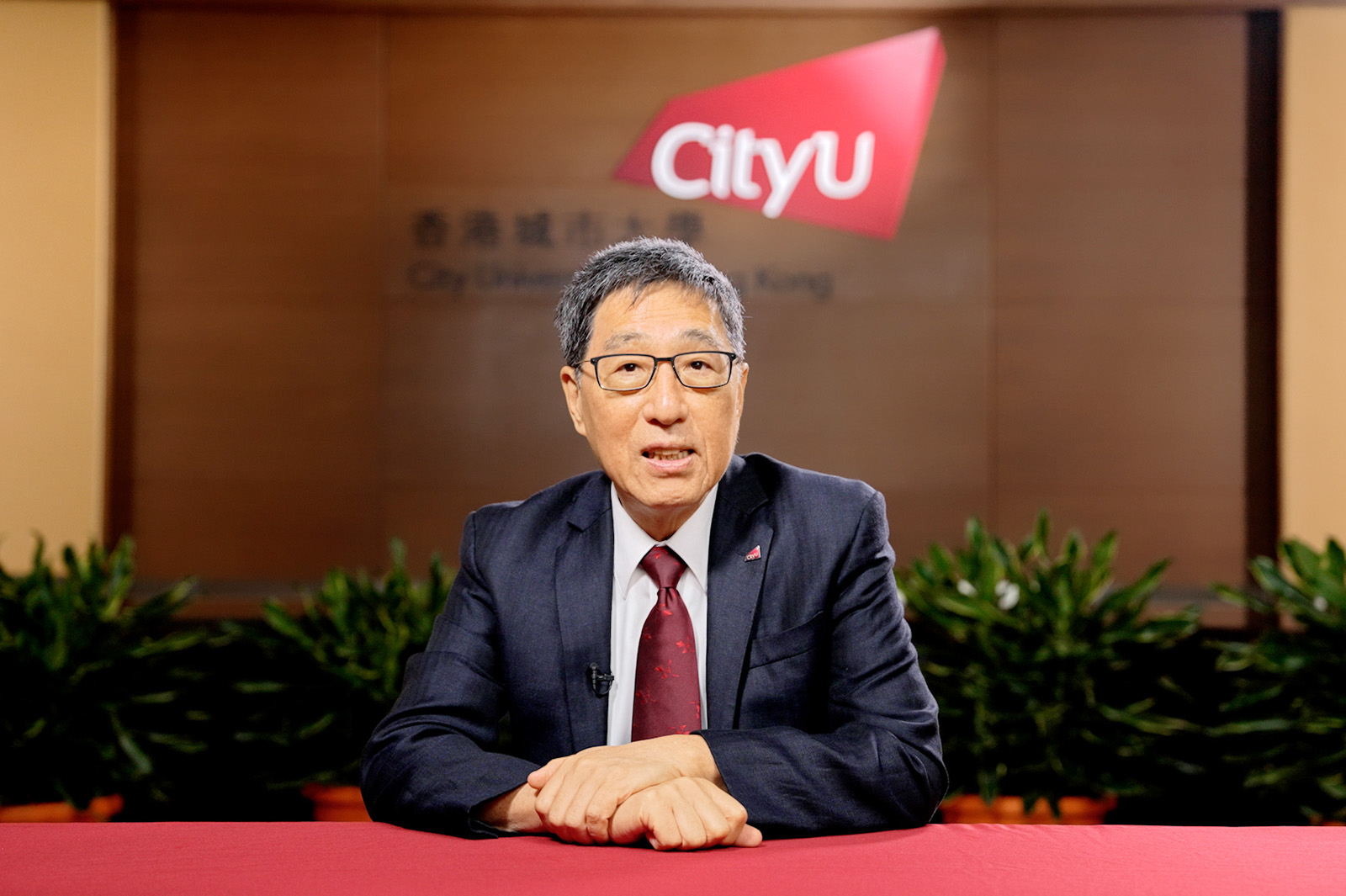

Eminent scholars from academia worldwide shared their insights into complex signaling networks in various metabolic pathways at the HK Tech Forum on Metabolism in Health and Disease hosted by the Hong Kong Institute for Advanced Study (HKIAS) and the Department of Biomedical Sciences (BMS) at City University of Hong Kong (CityU) from 15 to 16 December.
This was the sixth in the HK Tech Forum series, which was initiated by President Way Kuo of CityU. It focused on revealing how various signaling pathways in the metabolism of oxygen, glucose, lipids, proteins and other nutrients offered a better understanding of human physiology and diseases.
At the opening ceremony on 15 December, President Kuo extended a warm welcome to participants, saying deeper mechanistic insights into complex signaling networks in metabolic pathways would advance our knowledge of human metabolism and its role in homeostasis and disease pathogenesis.
Professor Michael Yang Mengsu, Vice-President (Research & Technology) and the Yeung Kin Man Chair Professor of Biomedical Sciences, and Professor Huang Yu, Head of BMS and the Jeanie Hu Professor of Biomedical Sciences were the Co-Chairs.


The first day of the forum began with a featured talk by Professor Gregg Semenza, Nobel Prize Laureate in Physiology or Medicine 2019 and Professor in the School of Medicine at Johns Hopkins University, US. His topic was the “Regulation of Metabolism by Hypoxia-Inducible Factors”, in which the mechanisms and consequences of homeostatic responses mediated by the hypoxia-inducible factors that modulate tumour metabolism were discussed.
Other world-leading scholars were invited to give keynote talks on metabolism related issues.
Professor Li Peng, President of Zhengzhou University, China and Academician of the Chinese Academy of Sciences discussed the regulation of lipid droplet fusion and storage. Professor Rao Zihe of Tsinghua University, China and Academician of the Chinese Academy of Sciences gave a talk, “Living of SARS-CoV-2 inside the cell: Understand SARS-CoV-2 replication and transcription from structures”. Professor Song Baoliang, Vice President of Wuhan University, China and Academician of the Chinese Academy of Sciences discussed nutritional regulation of cholesterol metabolism. Professor Xiao Ruiping, Dean of the College of Future Technology, Peking University, China and Associate Editor of The New England Journal of Medicine explored the role of MG53 (a myokine with cell protective effects) in cardiometabolic disease. Professor Yan Nieng, Founding President of Shenzhen Medical Academy of Research and Translation and an international member of the US National Academy of Sciences, focused on structural and mechanistic investigations of voltage-gated sodium channels.
Six forums have been held in the second half of 2022 under the HK Tech Forum umbrella, and there are plans to expand into 2023 and beyond.







































